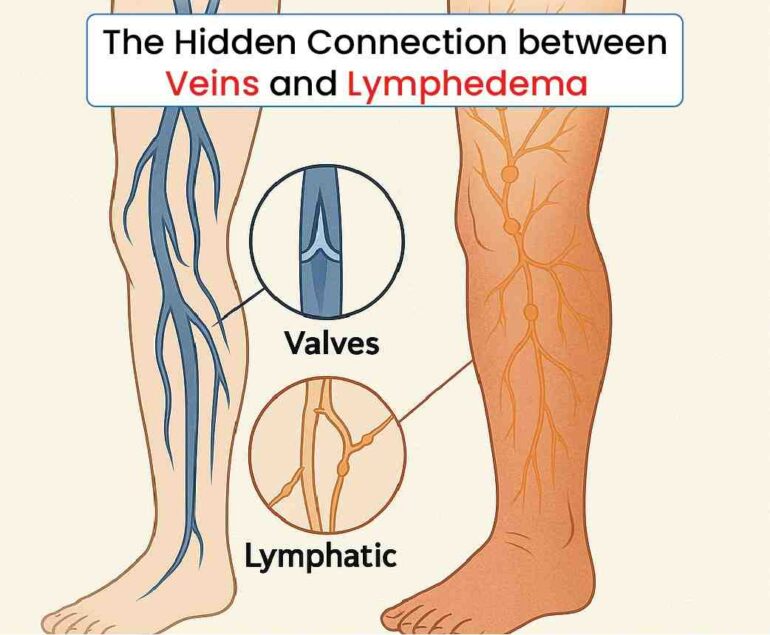Varicose veins are not just a cosmetic concern. These twisted, bulging veins often cause leg pain, swelling, heaviness, and in some cases, serious complications like ulcers or blood clots. With so many treatment centres and hospitals available, patients often ask: “How do I choose the best varicose veins hospital?” The answer lies in understanding what matters most—specialist expertise, advanced technology, patient care, and long-term results. This guide will help you make an informed choice.
Look for Specialist Expertise
The first step in choosing the right hospital is checking whether it has vascular surgeons or interventional radiologists who specialise in vein care. General hospitals may still rely on outdated surgical stripping methods that involve more pain and longer recovery. In contrast, vein specialists are trained in modern, minimally invasive techniques such as endovenous laser treatment (EVLT) and radiofrequency ablation (RFA). Always review a doctor’s credentials, years of practice, and patient outcomes before deciding.
Evaluate Advanced Treatment Options
The best varicose veins hospital will not push a single “one-size-fits-all” solution. Instead, it should offer a range of treatments, including:
- EVLT (Endovenous Laser Treatment)
- RFA (Radiofrequency Ablation)
- Foam Sclerotherapy
- Venaseal (vein glue closure)
Each patient’s condition is different, and having multiple options ensures a customised approach. Hospitals that provide all these procedures are more likely to deliver safe, lasting results.
Check Technology and Infrastructure
Successful vein treatment starts with accurate diagnosis. Make sure the hospital has doppler color scanning and modern catheter-based systems for precision. Facilities with dedicated vascular labs can map veins in detail, helping specialists choose the right treatment pathway. This reduces the chances of recurrence and ensures quicker recovery.
Focus on Patient-Centred Care
Technology alone is not enough—compassionate care matters. Read patient testimonials to see whether the hospital provides:
- Thorough consultations and clear explanations of the treatment plan
- Post-procedure advice, including compression stockings for varicose veins
- Lifestyle counselling on mobility, diet, and weight management
- Follow-up checkups to prevent recurrence
A hospital that treats patients as partners in their health journey is more likely to give a positive experience.
Consider Safety, Accreditation, and Transparency
Safety should always come first. Choose a hospital accredited by recognised medical boards that follow strict protocols for infection control and anaesthesia. Transparent pricing is another key factor. Reliable hospitals clearly explain costs upfront—consultation fees, procedure charges, stockings, and follow-up visits—so there are no surprises later.
When to See a Specialist
You should not delay medical attention if you notice:
- Persistent leg pain or heaviness
- Swelling and skin discolouration
- Itching, eczema, or skin thickening around the ankles
- Non-healing wounds or ulcers
Early consultation ensures that treatments are simpler, less invasive, and more effective. Remember, varicose veins do not go away on their own—they worsen over time without proper care.
Conclusion
Selecting the right varicose veins hospital can feel overwhelming, but it doesn’t have to be. Focus on expertise, advanced treatments, patient care, safety, and transparency, and you will make the right choice.
At Avis Vascular Centre, our team, led by Dr. Rajah V. Koppala, offers world-class, minimally invasive varicose vein treatments with a focus on safety and long-term relief. Book your consultation today and take the first step toward healthier, pain-free legs.




